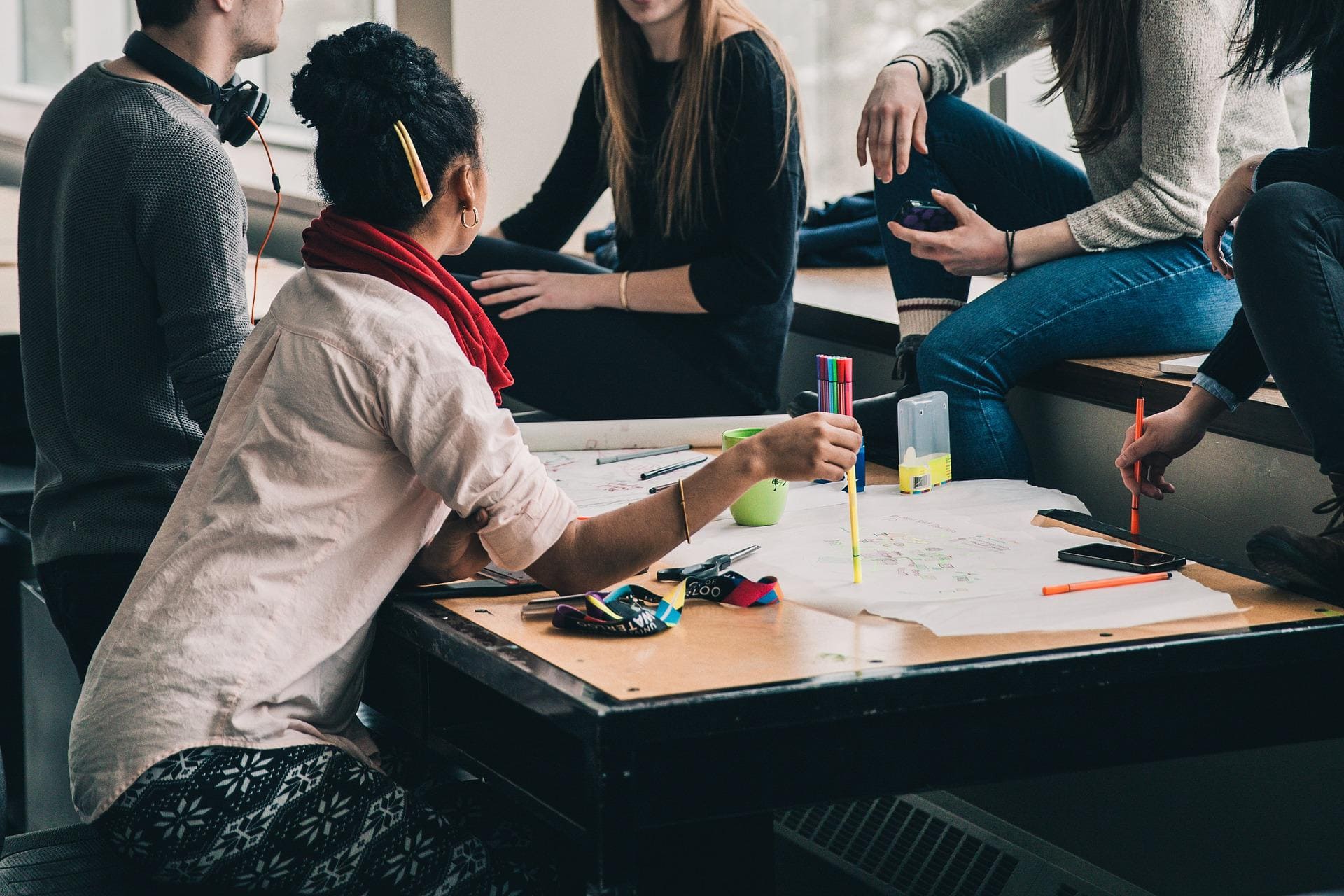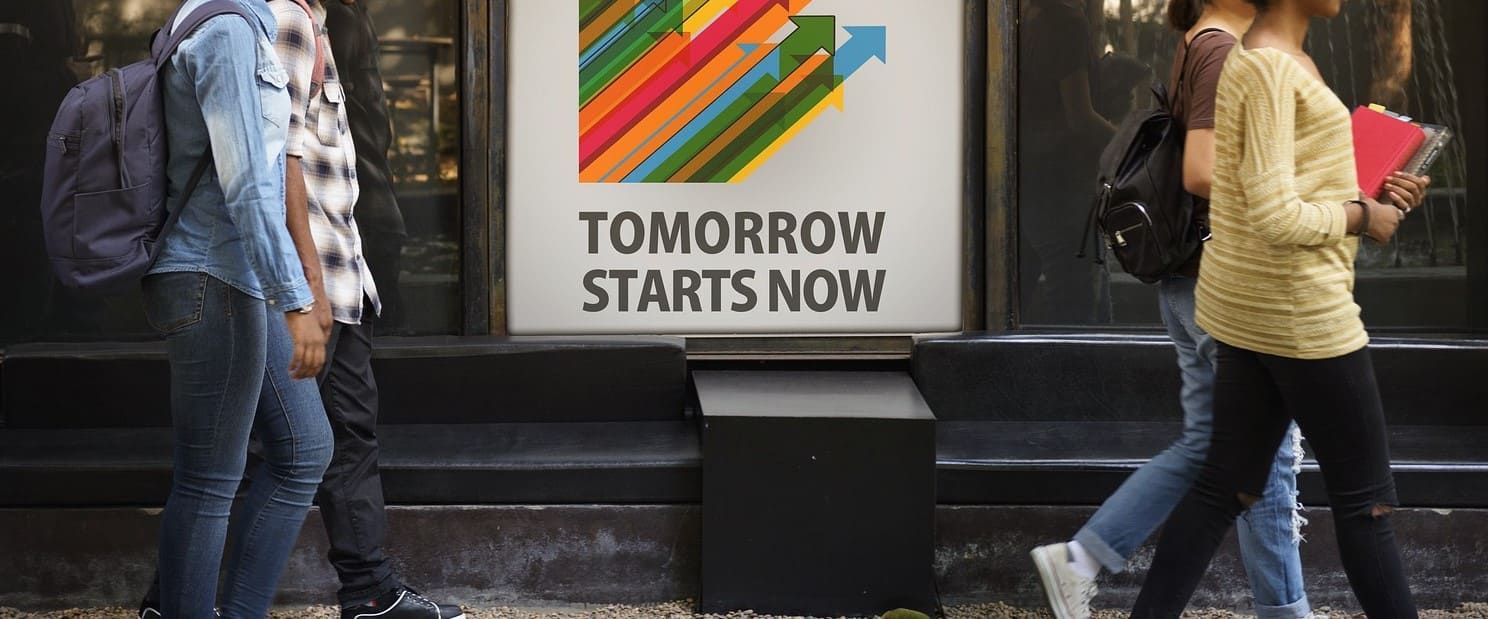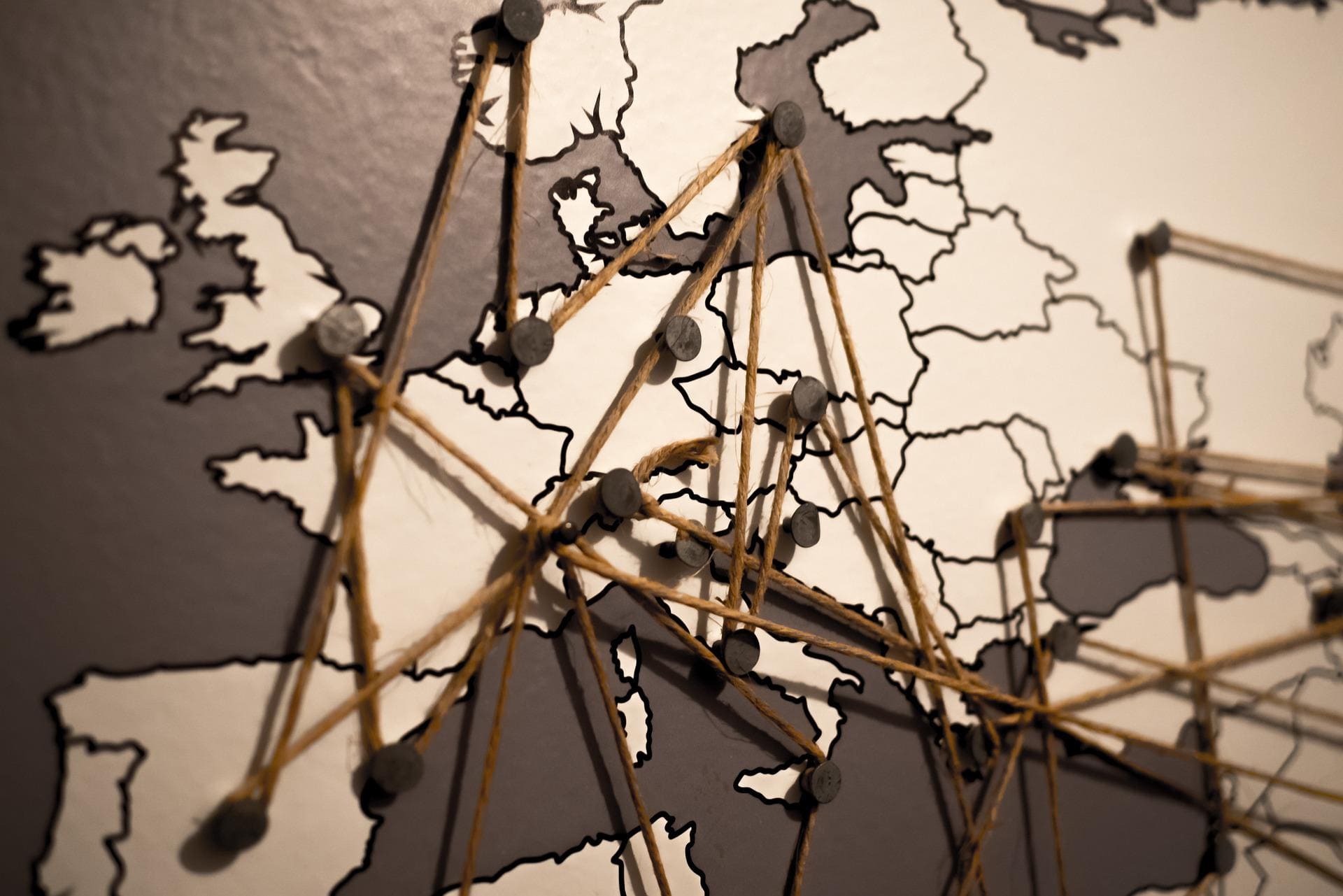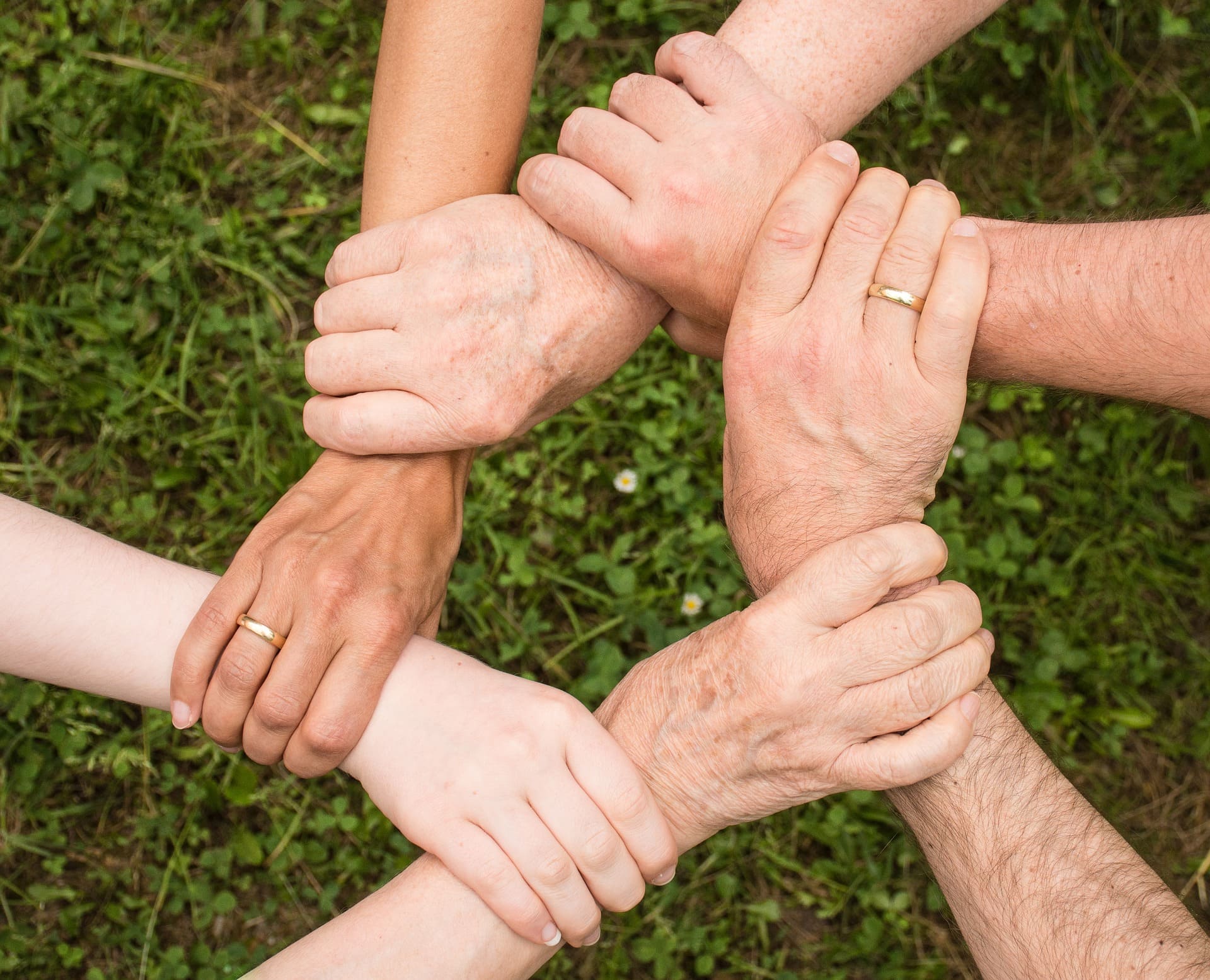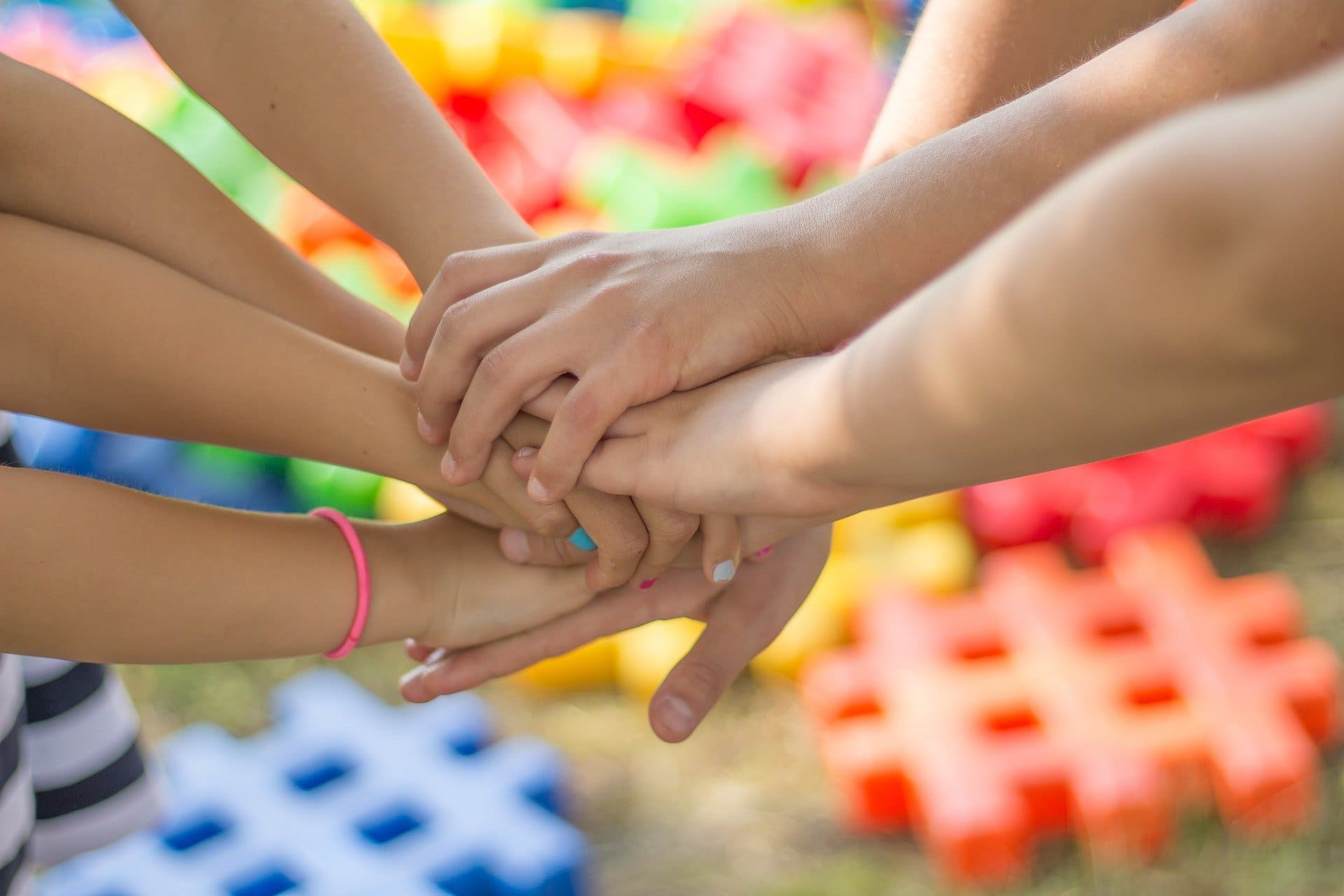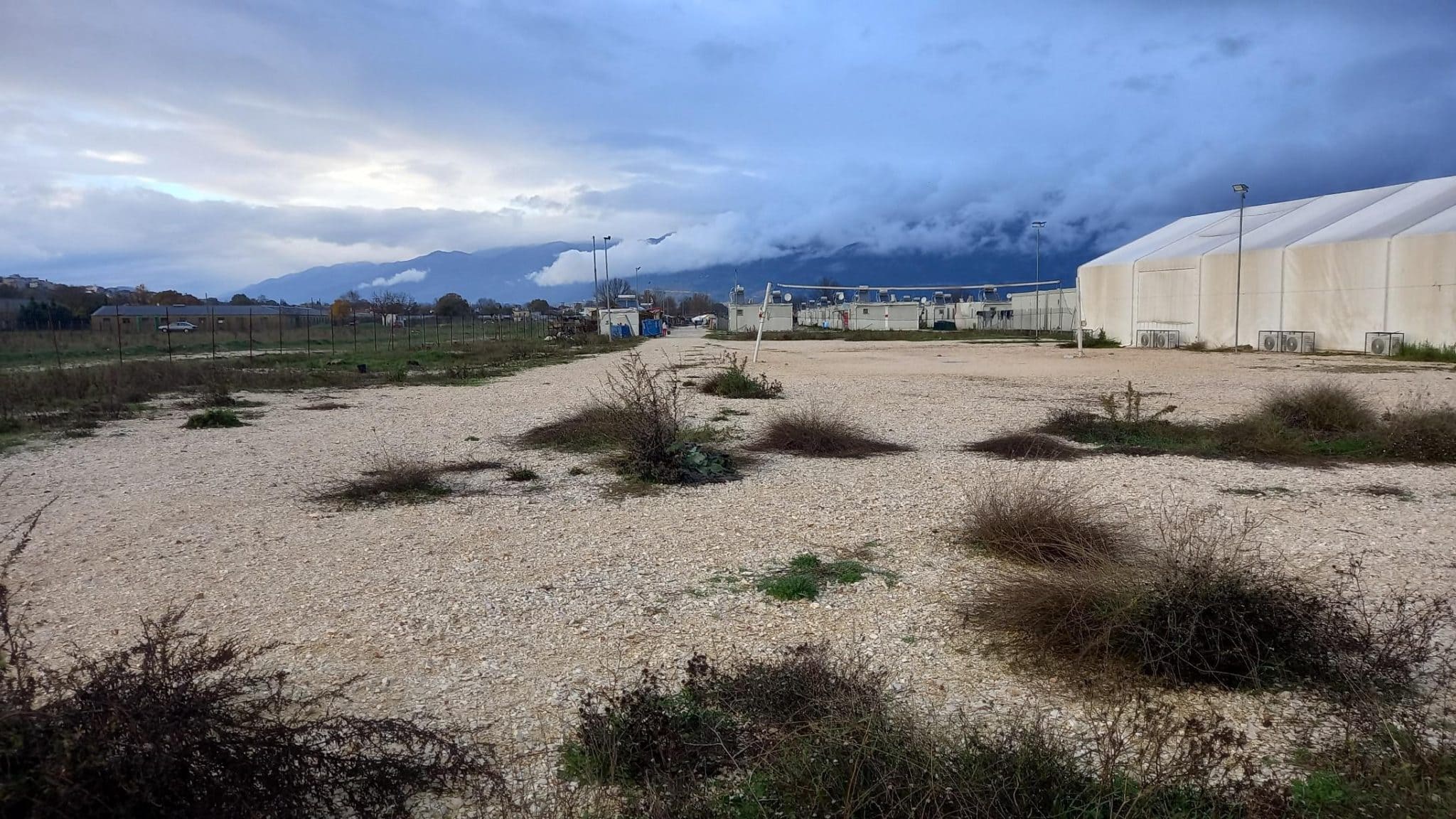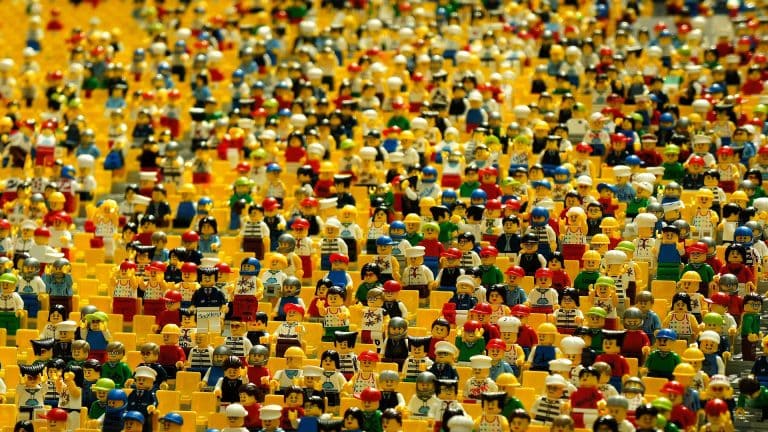You don’t just learn at school
Given that we are convinced supporters of education (understood in its most “classic” version of school) and that we firmly believe that it should be everyone’s right, we are equally convinced that thinking that you learn only at school is limiting. In the sense that, in addition to the more canonical subjects for which the institutional approach is necessary, it is very important to continue to spread culture and knowledge even outside the educational institutions.
The expression “lifelong learning” embodies an educational concept that goes beyond school age or specialist studies; what should be promoted is informal learning, even though it is not in compliance with the most classic educational approaches, but may be very useful for instilling awareness to create a world populated by citizens who are aware of “matters” such as empathy, integration, environmental sustainability, human rights, etc.
Daily time should be dedicated to the personal and continuing promotion of civic education, so as not to make adults lose sight of those values that we learned when we were children. As we grow up, we are always more, overburdened with obligations and duties, and tend to forget some elementary aspects of good coexistence with other beings, be they animals, humans, or plants.
The carrying out of good actions, participation, and contribution to a renewed and more sensitive community is a set of simple but effective practices that help us learn from the people around us.
